How to Dispose of Used Engine Oil?
Disposing of used motor oil the right way protects the environment and keeps you on the right side of the law. Used engine oil contains nasty chemicals and heavy metals that pollute soil and water, harming fish and birds if it is carelessly disposed of. The good news is that recycling the stuff is quick, easy, and friendly to the planet. In this guide, we’ll explain why neat disposal counts, how to store the oil, where to take it, what mistakes to dodge, and the basics of how it gets turned into new products.
Why Proper Disposal of Used Engine Oil Matters?
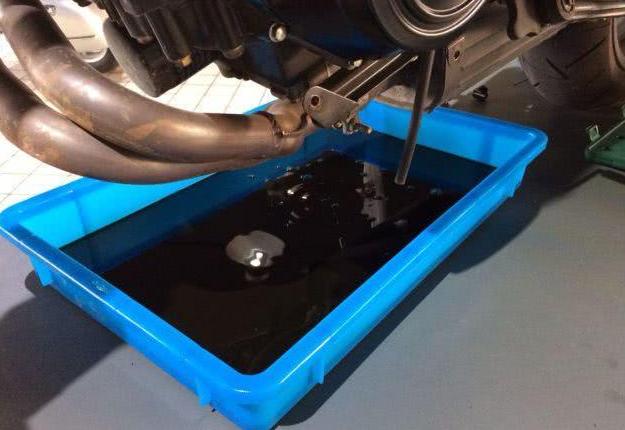
Getting rid of spent engine oil the right way protects both nature and human health. Used oil absorbs heavy metals, dirt, and a range of nasty chemicals, so dumping it thoughtlessly places those toxins on a collision course with clean air and drinkable water. A single gallon carelessly poured out can poison up to a million gallons of fresh water, turning what should be a safe supply into a hazard for people and wildlife alike.
Pouring oil down a sink, onto bare ground, or into a storm-drain grate creates a stain that can linger in soil or groundwater for years. Once that contamination happens the bill for cleaning it up can soar past what anyone expects, and sometimes the pollution is permanent. Burning the oil in a makeshift barrel only substitutes one problem for another by sending clouds of toxic smoke up the chimney.
Recycling changes the story. Used oil can be re-refined and sold again as motor oil, blended into industrial heat, or turned into asphalt, so every gallon that gets processed spares a gallon of crude from the pump. Keeping that loop going shrinks the appetite for new drilling and proves that waste can become a resource if you value it.
How to Store Used Engine Oil Before Disposal?
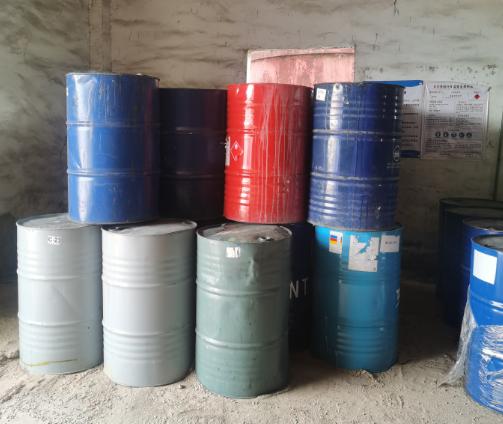
Properly storing used engine oil before disposal is essential for safety and environmental protection. Whether you’re a DIY mechanic or someone who just changed their oil at home, taking the right steps can make recycling easier and prevent spills or contamination.
- Pick a Proper Vessel: Reach for a heavy plastic jug or a metal can that declares itself safe for liquids; thin soda bottles wont cut it. If the container once housed bleach or paint, toss it into recycling first, because traces of those chemicals wreck the oils second life. You cant go wrong with an empty motor-oil bottle, a sturdy fuel can, or a drain pan that shuts with a twist.
- Lock the Lid: Twist or snap the lid until you feel it click; a loose cap invites trouble the moment you turn your back. One drop on bare soil or pavement can find its way downhill before you notice, so sealing the jug is truly the first line of defense. A tight top also keeps vapor from escaping and stops dust or rain from spoiling what youve collected.
- Keep Fluids Apart: Dumping brake fluid, coolant, or gearbox oil into the same can is a sure shortcut to the recycling center rejecting the batch. Each liquid has its own recipe, and mixing them ruins the formula the processors need to do their job. A funnel-even a makeshift one from an old piece of cardboard-lets you pour cleanly and keeps the work surface tidy.
- Put It Somewhere Secure: Choose a cool, dry corner away from windows and heaters, and tuck the oil jug onto a garage shelf or inside a sturdy cabinet. Keep the container out of reach of kids and curious pets. When used motor oil is stashed this way, it can be loaded up and dropped off for recycling without leaking or making a mess.
Where to Dispose of Used Engine Oil?
Getting rid of spent engine oil the right way keeps our water clean and helps you stay on the right side of local rules. Luckily, you have a few easy, responsible choices.
- Local Recycling Centers: Most towns run recycling spots or curbside sites that take used oil. Staff there can handle the hazardous stuff and make sure it goes to licensed recyclers. Always call first or peek online for drop-off times and any special instructions.
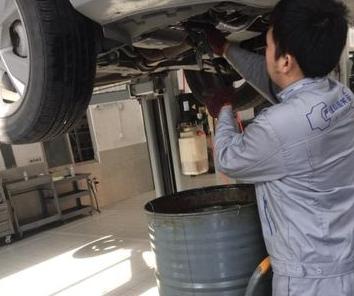
- Auto Parts Stores and Service Garages: Many chain and neighborhood parts shops, plus quick-lube and repair bays, let you drop off oil free of charge. They team up with recycling firms and ship the collected fluid to certified treatment plants. Just transport it in a sealed jug to avoid spills.
- Household Hazardous Waste Facilities: City-run hazardous waste days or permanent sites also accept oil, filters, and other car fluids. Check the schedule so you don’t miss the next round.
- Used Engine Oil Recycling Plants: When workshops, garages, or fleet centers collect a lot of spent oil, turning to a dedicated recycling plant is the fastest way forward. These purpose-built sites clean and refine the oil, turning it back into fresh lubricant, industrial fuel, or other useful goods. By reaching out to an accredited plant, owners can be sure their waste gets treated safely, safeguards the environment, and feeds into the circular economy.

Handling used oil the right way backs those recycling efforts and stops harmful leaks from fouling our neighborhoods.
What NOT to Do with Used Engine Oil?
Used engine oil is far too harmful to toss out carelessly. Here are the biggest mistakes to avoid – and why they matter:
- Never Pour It Down Any Drain: Sinks, storm drains, or toilets lead directly to water treatment plants that can’t filter oil, poisoning rivers and oceans. Just one quart of oil can create a slick the size of a football field on water surfaces.
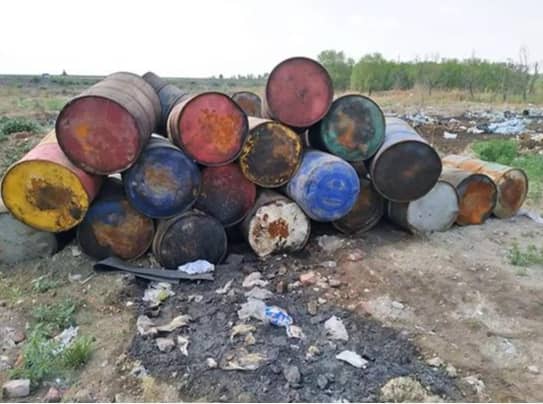
- Don’t Dump It On the Ground: Oil soaks into soil, killing plants and microorganisms that keep ecosystems healthy. Over time, it seeps into groundwater and can contaminate wells, city supplies, and drinking water.
- Avoid Mixing It With Other Fluids: Combining oil with antifreeze, brake fluid, or solvents turns it into hazardous waste that most recyclers won’t accept. Even tiny amounts of contaminants can ruin an entire batch of recyclable oil.
- Never Toss It in the Trash: Landfills aren’t built to contain oil leaks, so toxins can still escape into the air, soil, and water. In many places, tossing oil in household garbage is illegal and may bring hefty fines.
- Don’t Burn It Wrong: Burning used oil in a backyard fire or a homemade heater sends nasty fumes, including benzene, into the air. Only heavy-duty factory burners with tight filters can burn recycled oil safely.
By avoiding these harmful disposal methods, you help protect natural resources and support safer, more effective recycling efforts for used engine oil.
How Used Engine Oil is Recycled?
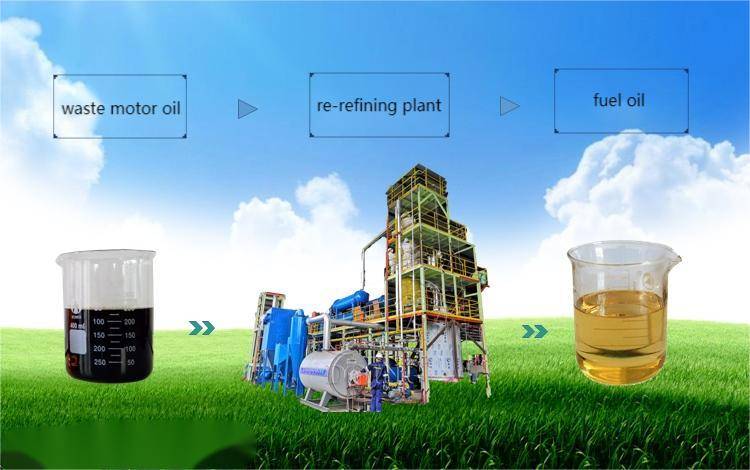
Recycling used engine oil gives the fluid a second life and cuts down on pollution. Turning the dirty oil back into useful products follows a simple but careful series of steps:
First, collection sites take in spent oil from garages, drop-off points, and single drivers who change it at home. Trucks then move the gathered fluid to special plants where workers and machines scrub it clean.
Things kick off with sedimentation, letting heavy gunk and bits of sludge drift to the bottom. After that, fine filters strain out the last specks of dirt and grime. Many plants go a step further, boiling the oil so lighter parts rise, while heavier junk stays behind.
Savvy facilities add hydroprocessing, a chemical bath that wipes out toxins right at the molecular scale. The result is base oil almost identical to the brand-new stuff that rolls off the refinery belt. That re-refined liquid can be:
- Bottled as fresh motor oil that meets or beats current specs
- Turned into industrial fuel for factories, power plants, and ships
- Sold as feedstock for other petrochemical products
By cycling oil this way, everyone wins: motorists get quality products, businesses save money, and the planet breathes easier.
Remarkably, recycled motor oil requires less energy to produce than refining crude oil, about 70% less energy consumption. Just one gallon of recycled oil saves enough energy to power the average home for nearly 24 hours. This closed-loop system demonstrates how proper oil disposal contributes to both environmental protection and resource conservation.
By recycling your used motor oil, you’re directly supporting this sustainable cycle that reduces waste and decreases our reliance on crude oil extraction.







